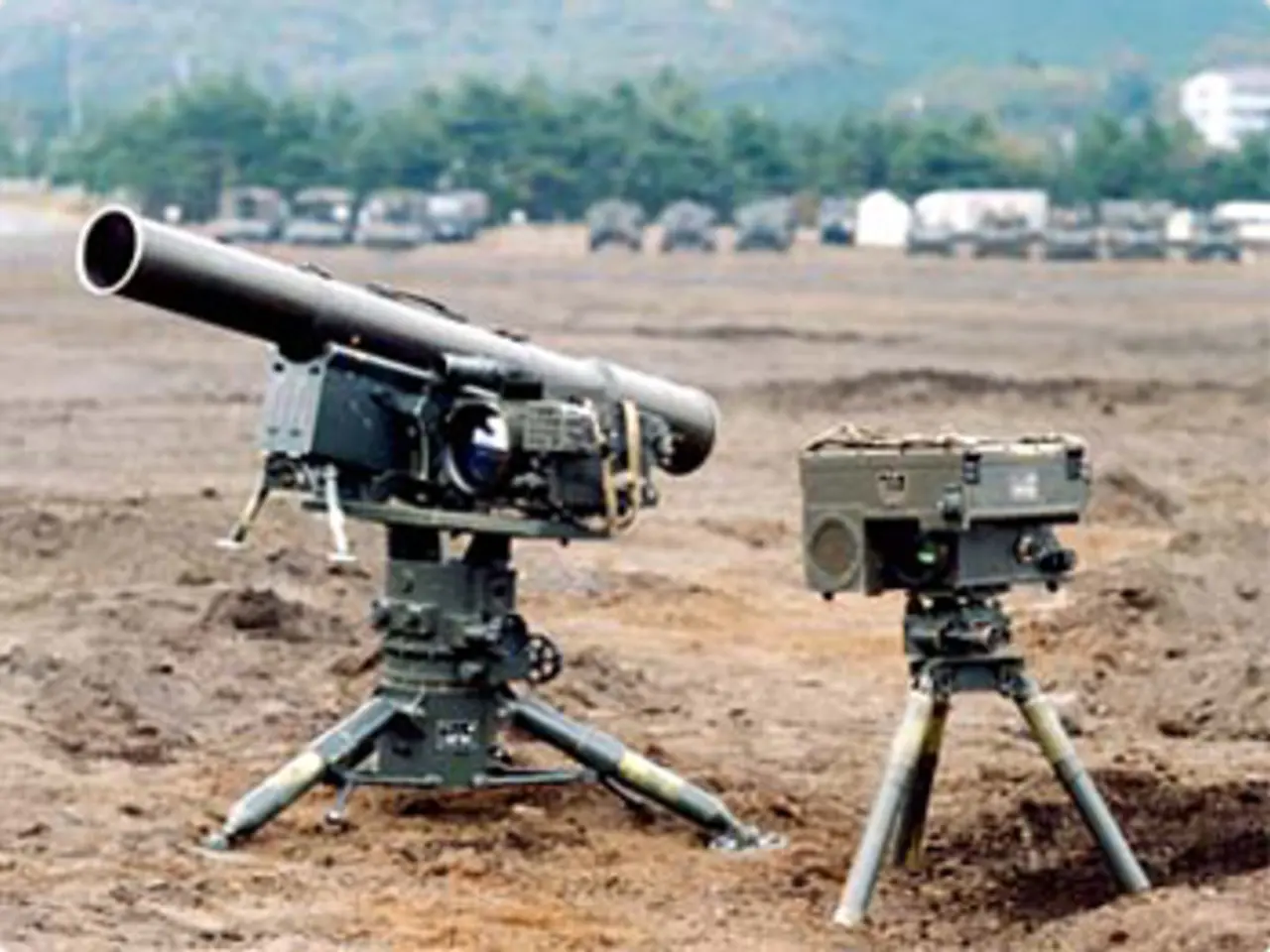Current Oil Price in Kazakhstan Remains at $79.87 per Barrel
Hittin' The Oil Market Right:
Hey there! Let's talk about the buzz in Astana – the price of Kazakh oil has soared to an impressive $79.87 per barrel, as reported on Jan 30. Meanwhile, Brent crude oil’s on a downward spiral, dropping from $78.85 to $75.42 per barrel in just five days.
Here's a quick snapshot of the current market dynamics - OPEC+ delayed production increases until April and extended output curbs till the end of 2026 at the end of 2024. Their next meeting on Feb 3 will decide the future strategy.
Now, financial analyst Andrei Chebotarev brings up an intriguing point – Kazakhstan might struggle to abide by the production limits due to its plans to ramp up output this year, especially with the Tengiz oilfield expansion. The project is expected to boost Kazakhstan's share of global crude oil supply to a significant 1%.
Adding to the mix, the Kazakh government aims to increase oil and gas condensate production to 96.2 million tons this year, up from 87.56 million tons in 2024. This surpasses the country's OPEC+ quota of 1.468 million barrels per day, as per Chebotarev.
In other news, natural gas prices stand at $3.16 per million BTU, lithium prices have risen to $10.85 per kilogram, global coal prices have dropped to $114.8 per ton, and uranium prices have declined to $152.54 per kilogram. Gold prices, however, have zoomed up to $88,752 per kilogram, with a gram now costing $88.75.
According to Reuters, President of the United States, Donald Trump, has proposed a plan to boost oil and gas production even further. He aims to crown a national energy emergency to speed permitting and roll back environmental protections. He’s also publicly urged OPEC and its leading member, Saudi Arabia, to lower oil prices, asserting that doing so would quell the conflict in Ukraine.
Now here's where it gets interesting. Kazakhstan's struggle to limit oil production boils down to several key factors. Firstly, more than 70% of Kazakhstan’s oil output is controlled by international oil companies (IOCs) like Chevron, ExxonMobil, and Shell through joint ventures like Tengizchevroil (TCO) and Kashagan. These firms prioritize their contractual obligations and shareholder returns over OPEC+ production quotas, which restricts the Kazakh government's capacity to enforce cuts on them.
Secondly, state-operated oil fields like Karachaganak face risks of reservoir damage if production is abruptly reduced. Shutting in wells can lead to a permanent loss of recoverable reserves by 5–10%, making production cuts not only difficult but potentially harmful to long-term output and revenue.
Thirdly, Kazakhstan has been persistently overproducing, exceeding its OPEC+ quota, and shows no intention of reducing output. Lastly, Kazakhstan sees maintaining or increasing oil production as vital for its economic interests.
So, there you have it! Despite the OPEC+ efforts to enforce cuts and delay production increases, Kazakhstan has stuck out like a sore thumb within the alliance, undermining its enforcement mechanisms and contributing to global supply-side imbalances.
The financial analyst, Andrei Chebotarev, suggests that Kazakhstan might find it challenging to adhere to production limits due to its ambition to increase oil production, particularly with the Tengiz oilfield expansion, which could boost Kazakhstan's share in the global crude oil supply significantly.
In the energy sector, Kazakhstan's struggle to limit oil production could lead to supply-side imbalances within OPEC+, as the country persistently overproduces and prioritizes economic interests over production quotas, despite risks to long-term output and revenue.




